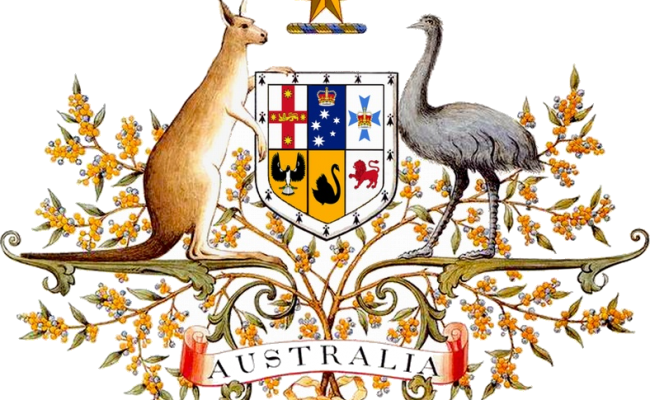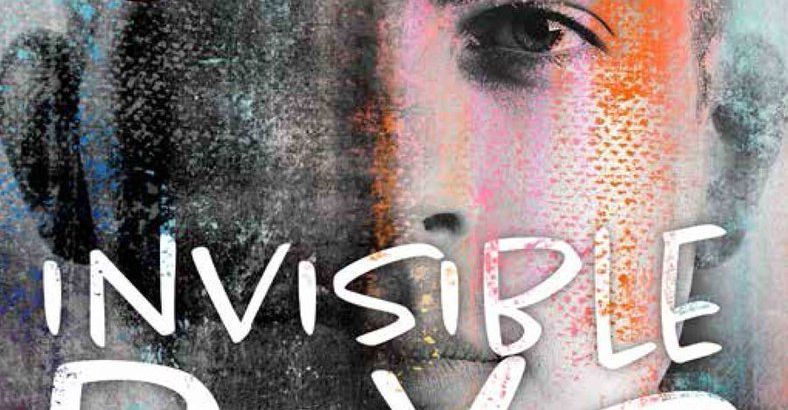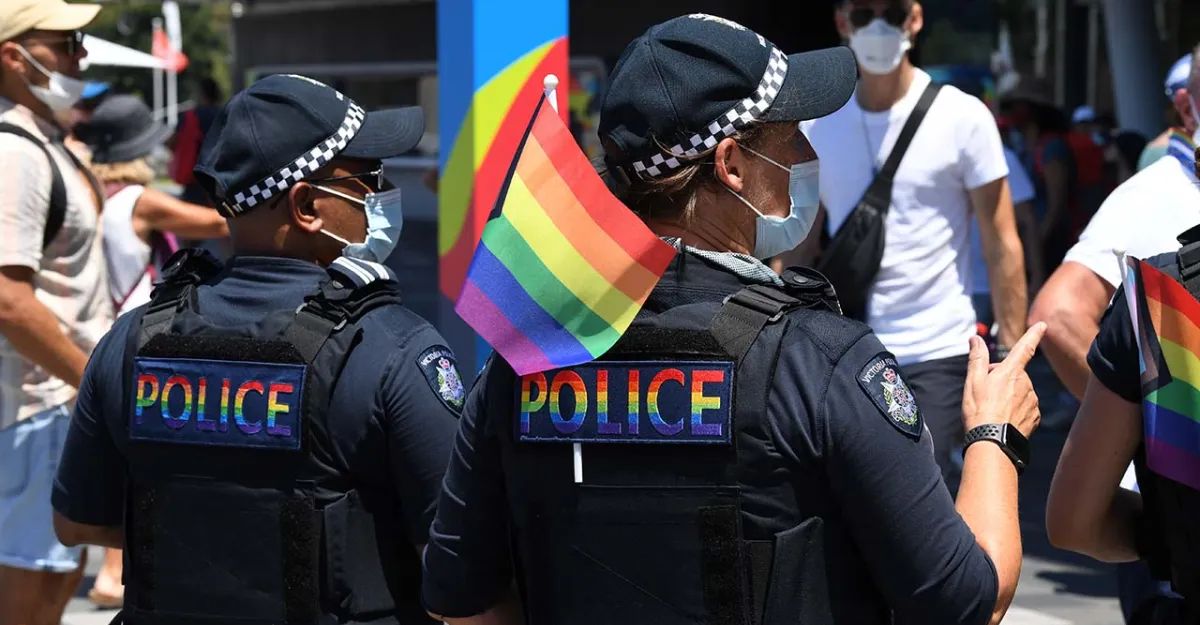My overly complicated, occasionally petty, definitively one-sided relationship with Australia has been marked by a kind of arrogance. I turned my back on it too young, while still living there, and have since left it repeatedly, returning only briefly to finish courses, finalise visas, visit family – but always with a bag half-packed ready to flee again. It was only this year that stars aligned, possibilities opened up, and suddenly, abruptly, I began to miss home.
Remembering, suddenly the train ride to Wagga Wagga to visit my grandparents, Geelong melting into bushscapes and that knotty grip of green and brown. The city falling down and away from the window of tram route 86. The richer, deeper colour schematics, Australia’s earthy tones and the loudmouth friendly croaks of birdcall. I’d denounced Australian summer, but I missed Melbourne’s winter – cool grey and manageable.
I started to make quiet lists of things I missed: a house with a backyard, the Dandenongs overhanging the city, expensive drinks on rooftop bars and VBs in the park, the Thornbury Local and Readings Bookshop, Australian accents, landscapes, manners. I sketched out a life for us, lying awake with my girlfriend, dreaming us to sleep.
‘And you don’t need to worry about visas and stuff, right? I mean, you’re married,’ a friend said.
‘Right,’ I replied – then thought for the first time, a little uneasily: right?
Our marriage was a joke and a desperate bid for safety, rushed through last year in a registry office. We felt too young and too gay to be married, and for the most part it hasn’t changed how we live (in a sharehouse, faintly grotty). But it gave me a chance to remain in that place with her.
Marriage to a British citizen isn’t a guarantee you’re able to stay in the UK. Between you and your partner, you have to be earning a particular wage. You have to provide a stack of forms and documented proof: letters, shared bills, shared bank accounts, statements from your housemates, and a 100-page application packet that seems designed to catch you out. It’s around £600 ($1050 AUD) just to apply, whether or not you’re successful.
It took three months of concerted planning, checking, and filing, six months of saving, and it still managed to go wrong on the day. But I got my visa, exhausted and annoyed, and I got to stay.
I thought that returning home to Australia would be simpler. I knew how high my home country has been building its walls, but it couldn’t apply to me or my newly approved wife. Australia’s conservative LGBT politics felt like something that would lap at our feet, easily ignored. Somehow I managed to be aware of it all and still believe, serenely, obliviously, marked in all the privilege I’ve been steeped in so far, that for us it would be easy. But I was wrong.
The base application charge for a partner visa in Australia is $6865 – a baffling amount of money to twenty-somethings holding down lowly paid jobs. That’s before any additional charges: official copies of documentation, formal checks and approvals, lawyers, the possibility of healthcare surcharges.
Her joking, irreverent, lovely title as my wife is also gone. Instead, we are relegated back to ‘de facto’, something automatic and implied and good enough. It won’t affect your visa appliction or fees, the website told me kindly, stripping away another name, another choice.
Alternatively, my girlfriend could come to Australia for a shorter period on a cheaper working holiday visa, as I did when I first moved to the UK. For me, it meant two years to work wherever I wanted, for however long I wanted. For her, it would mean one year to work at a job for up to six months. She could then stay for another year, provided she is willing to leave me and any network she’s made to go work in a remote area for three months.
I told my girlfriend all of this, slightly stunned, and she stared back at me. I texted my mum. After a while, for lack of anything else to do, we went and had a drink.
Let me be clear: in no way does my experience resemble that of someone seeking refuge in Australia. As detailed in another new and appalling report of the trauma inflicted on refugees held in offshore detention centres, the situation is incomparable, abusive, and horrifying.
But I do think it’s telling that Australian legislation is consistent in its xenophobia: from the outright abuse to which we subject refugees, to a prohibitively expensive and casually homophobic process that makes it nigh impossible for young, struggling Australians to return home with new families. It’s more a bitter joke than a shock. The legislation is specifically designed to exclude all but the very wealthy, with a particularly devastating result when it comes to our treatment of refugees.
On his tour of the UK, after being ousted as PM, Tony Abbott urged European governments to ignore the impulse to ‘love thy neighbour’ and instead follow Australia’s lead to simply ‘not … let them in’.
Many of Australia’s national shames have been veiled by a layer of secrecy and deliberate ignorance, hence the near-ten year push to have the Australian government publicly apologise to the Stolen Generations. The Australian government prefers to quietly ignore things they don’t like, or shuffle them away.
Yet, when it comes to immigration to Australia, the government has been continually and brutally honest: not here, thank you, no more room, we’re full.
It’s difficult to know exactly what the ramifications are of a country deciding to build its walls this high, though, undoubtedly, ramifications will come. We will have to find a new lie to tell ourselves about our plucky, friendly country that never was. The ever-climbing walls, ever-strengthened borders – and it already feels very, very lonely out there.
Writers and artists, enter our Fair Australia Prize!
 There are $4000 prizes in the categories of fiction, essay, poetry and cartoon/graphic that explore the themes of fairness and our common future.
There are $4000 prizes in the categories of fiction, essay, poetry and cartoon/graphic that explore the themes of fairness and our common future.
*How do we make a fair society? What are the things that need to change?
*What would a sustainable future or a just justice system look like?
*How can we improve labour or employment practices?
*What might a fairer planet look like in twenty years?
Closes 31 August. Visit the 2016 Overland NUW Fair Australia Prize page for details. Entry is free.






